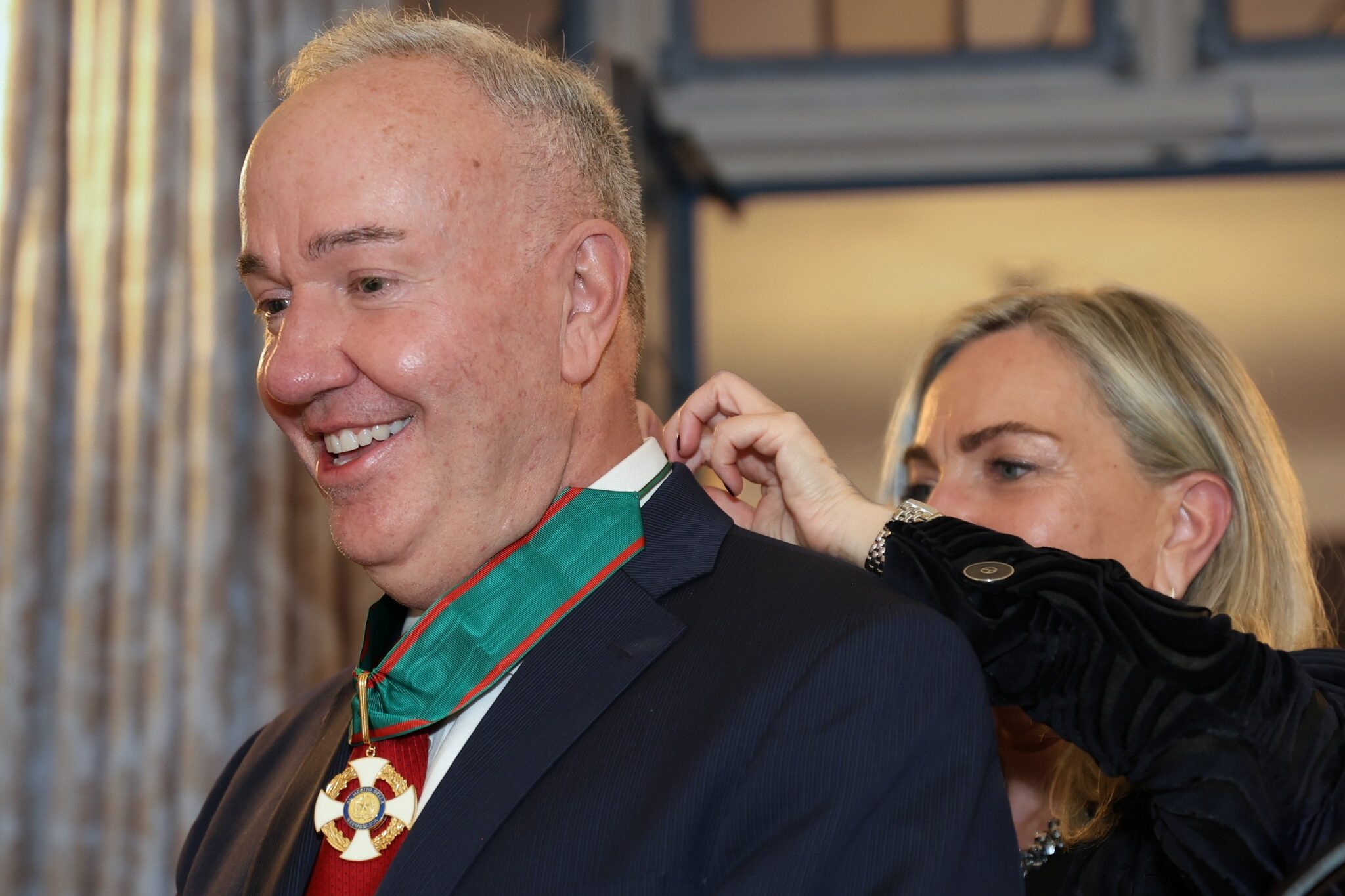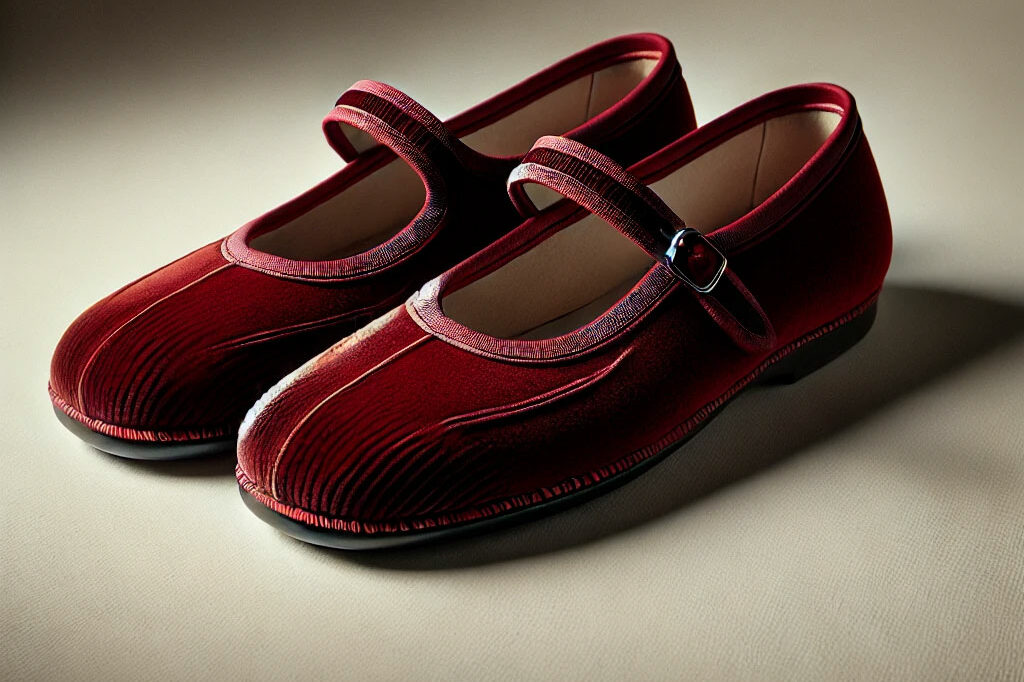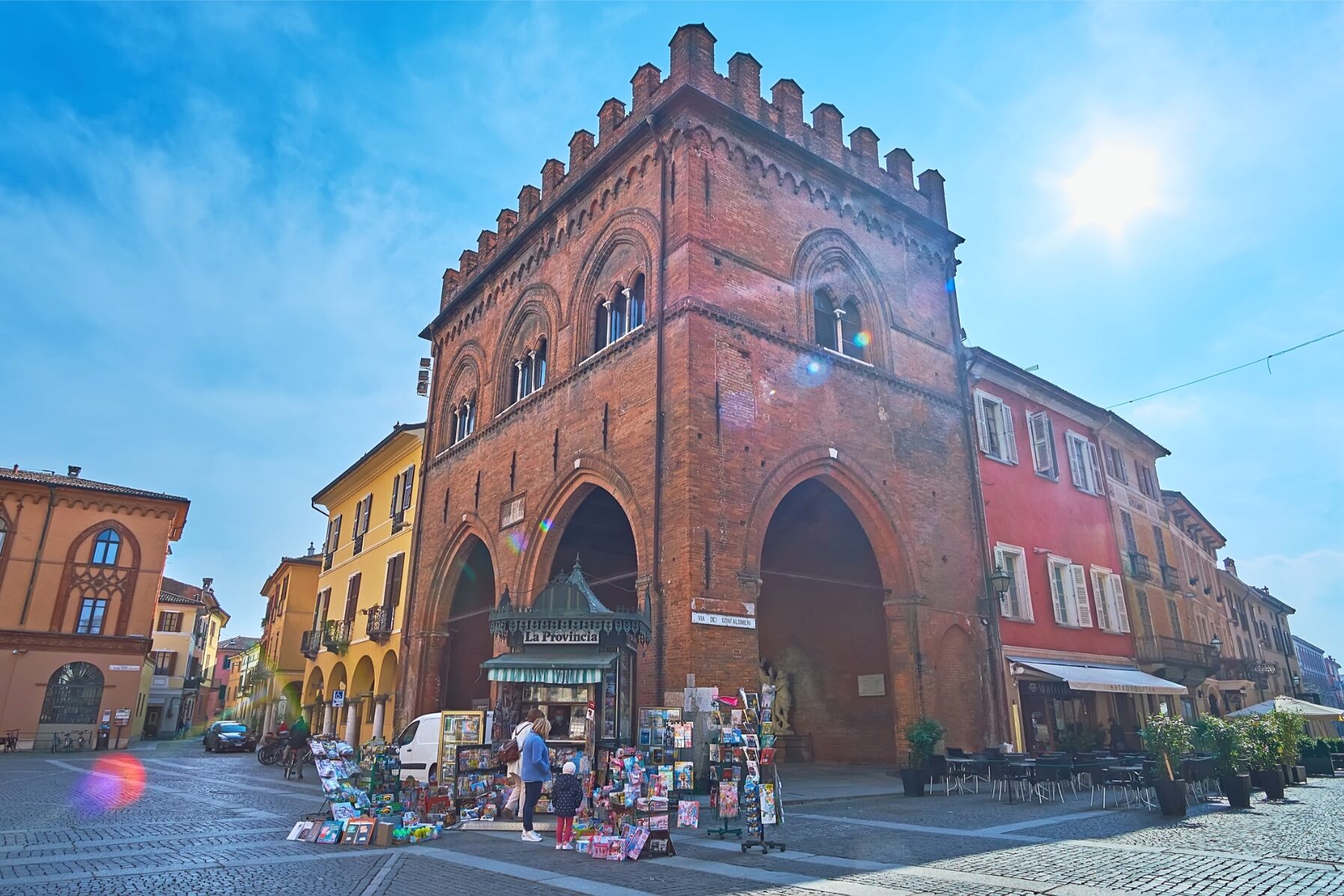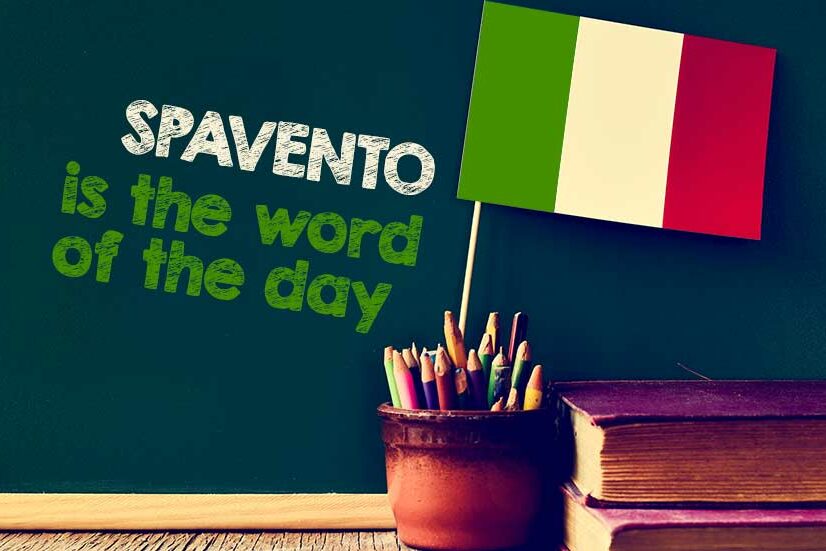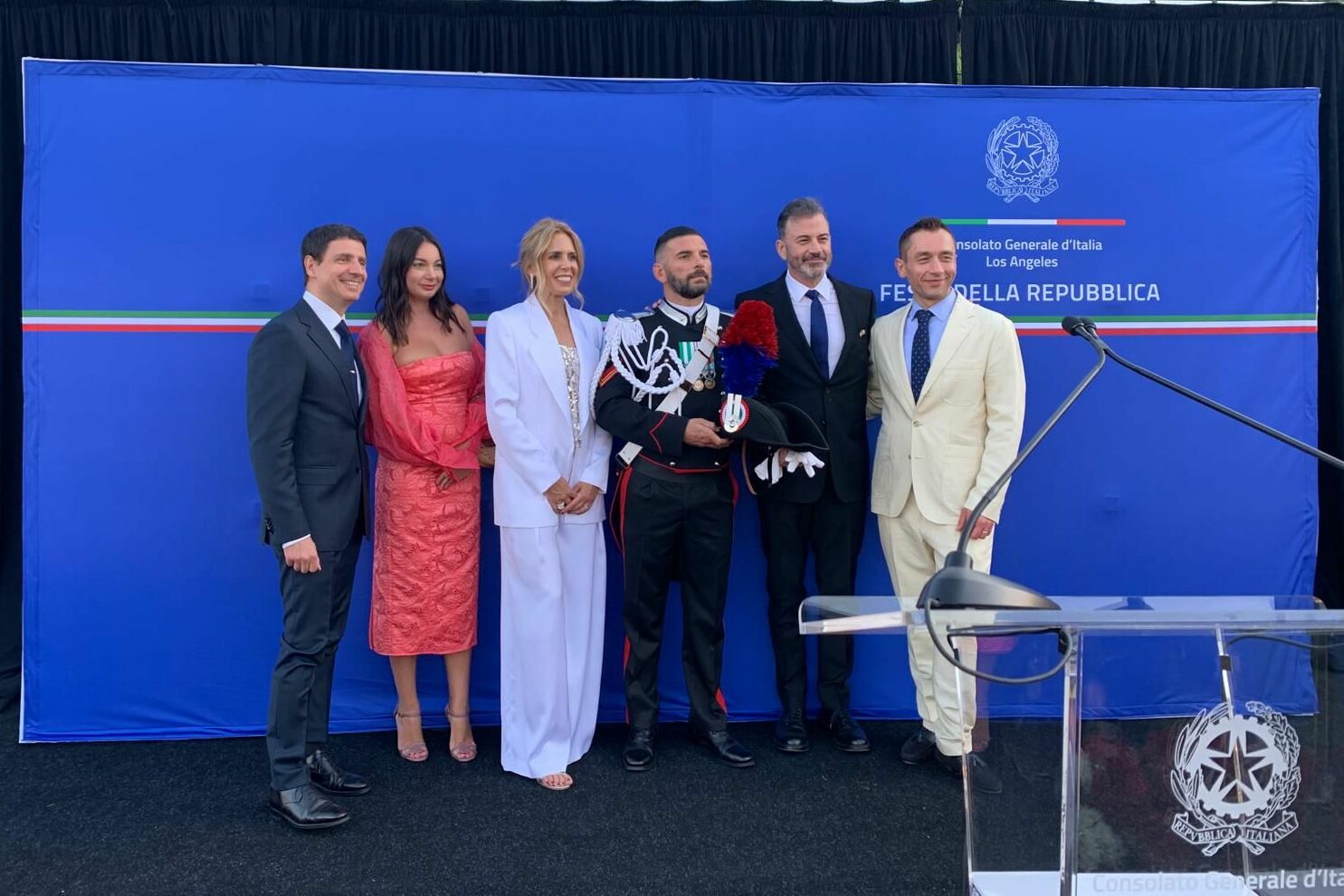Tarantino’s second Oscar – His Django Unchained pays homage to Italian Spaghetti Western
After almost twenty years, Django Unchained got Quentin Tarantino his second Academy Award for the Best Original Screenplay, beating out Amour by Michael Haneke, Flight by John Gatins, Moonrise Kingdom by Wes Anderson & Roman Coppola, and Zero Dark Thirty by Mark Boal.
Tarantino’s last film owes a lot to Italy. “I wanted to make a Spaghetti Western” declared the director, whose career has been always influenced by this genre. “Western movies have always told their historical moment better than any other genre.” It’s not a secret that Tarantino loved Italian directors Sergio Corbucci and Sergio Leone. In 1966, Corbucci brought to the big screen Django; from him, Tarantino took themes and atmosphere to create his own story. And as homage to the original film, he also called Franco Nero, protagonist of Corbucci’s Django, for the new cast.
And there’s more: the piece Ancora qui, part of the film soundtrack, was composed by Ennio Morricone and Elisa, two of the biggest names of the Italian music scene. Morricone, internationally renowned composer, has himself won an Honorary Oscar in 2007, and is the author of legendary soundtracks of western movies.
“This is a political movie” declared Tarantino to Italian TV RAI, “because it is the story of a black man that rises against slavery.” The ex-slave Django (Jamie Foxx) is acquired by Dr. King Schultz, who promises to free him upon the capture of the Brittles. On his hand, Django goal is to get his wife back, and he believes Dr. Schultz can lead him to her. But finding his wife might not be enough in the end. Rage takes over, and Django won’t terminate his revenge until the entire unfamous plantation Candyland is destroyed with all its characters.
Nothing is hinted, everything is shown. No wonder that Tarantino’s last film was criticized even more than his previous works. American productions like to keep a politically correct approach to certain issues. Even more when it comes to slavery. Tarantino instead wants to say it all. He inverts commonplaces about what is right and what is wrong, about who the good guy is and who the bad guy is. There’s no censure to words and feelings; visual and verbal violence goes together with derision and laugh, creating a very disturbing result for some. So either be ready to see a certain amount of violence, or avoid watching Django Unchained.
But when it comes to discuss the criticism to his film, Tarantino says “it is actually good, because one of the things I wanted to do was starting a dialogue about slavery and the role of Americans in it.”
Fortunately, all the controversy about Django Unchained, the use of violence and the lack of attention to historical truth have been left aside for the Academy Awards, which have acknowledged first of all a unique artist and a quite “revolutionary film”, as Leonardo Di Caprio defined it.
There have been polemics also for the snubbed nomination of Di Caprio himself, the sadistic Calvin Candie. Nothing for the other two “Italians” in the list: Musician Dario Marianelli, nominated for the Best Original Score for Anna Karenina, was surpassed by Mychaell Danna and Life of Pi. Robert De Niro, nominated as Best Supporting Actor in Silver Linings Playbook, couldn’t compete with Christoph Waltz, Dr. Schultz in Django Unchained. The second statuette for Tarantino’s success.



